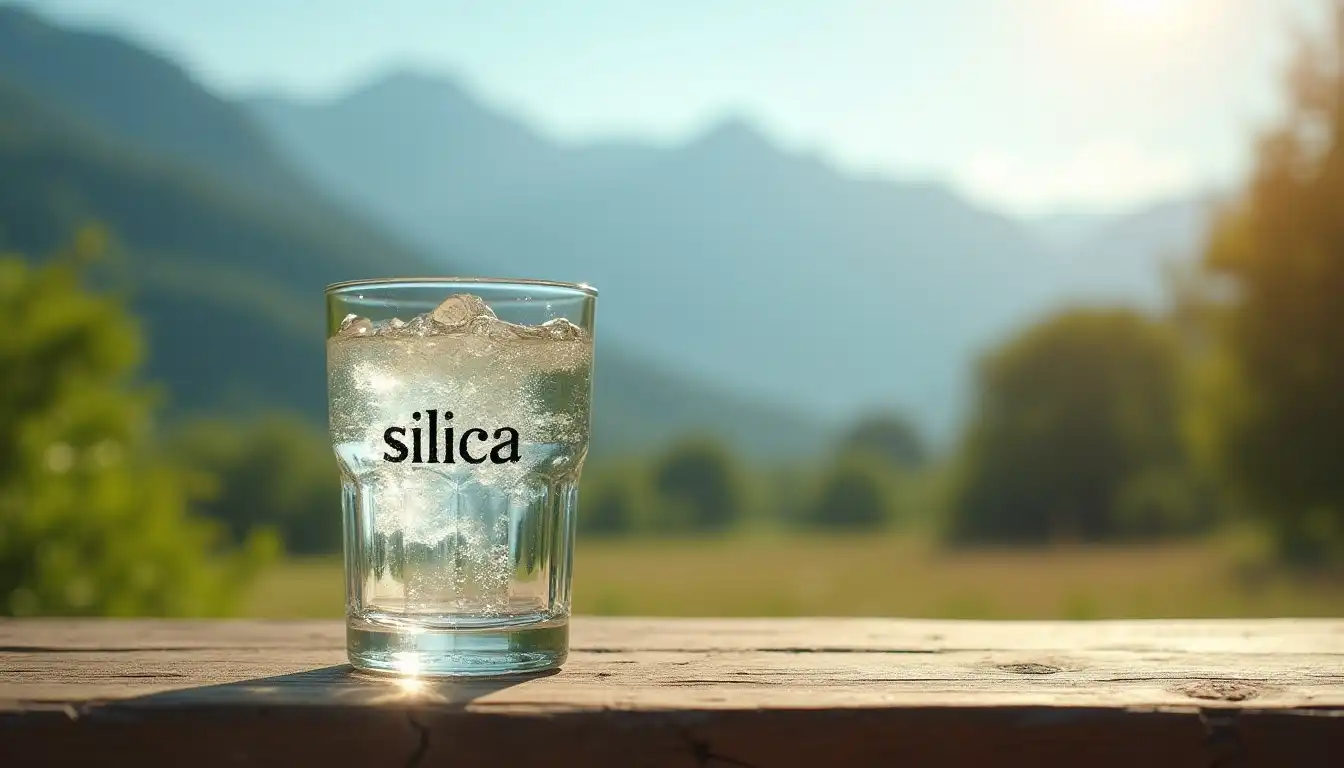
Researchers at Keele University in Staffordshire discovered that regularly consuming a popular mineral water can potentially decrease aluminium levels in people with Alzheimer’s disease.

In a study, ten Alzheimer’s patients were instructed to incorporate up to 1.5 liters of Volvic mineral water daily into their diets for five days. This resulted in reduced aluminium levels in eight of the ten participants.
Exposure to aluminium is linked to the risk of developing Alzheimer’s disease. The study aimed to show a straightforward way for Alzheimer’s patients, as well as healthy individuals, to reduce aluminium absorption in the gut and enhance its elimination through urine.
Volvic mineral water is rich in silica, believed by the research team to help decrease aluminium levels in Alzheimer’s patients due to its protective properties against aluminium toxicity.
Dr. Chris Exley from the Birchall Centre for Inorganic Chemistry and Materials Science at Keele noted, “This initial study involved only ten participants over five days. We don’t have information on the mineral water’s impact on the disease itself, but no negative side effects were reported.”
Further research is necessary to determine if prolonged consumption of silica-rich mineral water continues to lower aluminium levels in the body and if it positively affects the progression and nature of Alzheimer’s disease.
Exley added, “Reducing aluminium accumulation is beneficial. Regular consumption of silica-enriched mineral waters might be a safe and easy way to minimize aluminium in the body.”
Previously, the iron chelator desferrioxamine (DFO) successfully removed aluminium from Alzheimer’s patients’ bodies and slowed disease progression when injected. However, this method was difficult due to its administration and related side effects involving body iron.
Importantly, this new research did not affect iron stores in the body, and no negative effects from drinking the mineral water were reported.
The Journal of Alzheimer’s Disease has accepted the study for publication and will feature it alongside several commentary articles in an upcoming issue.
- March 31, 2025
- Health
